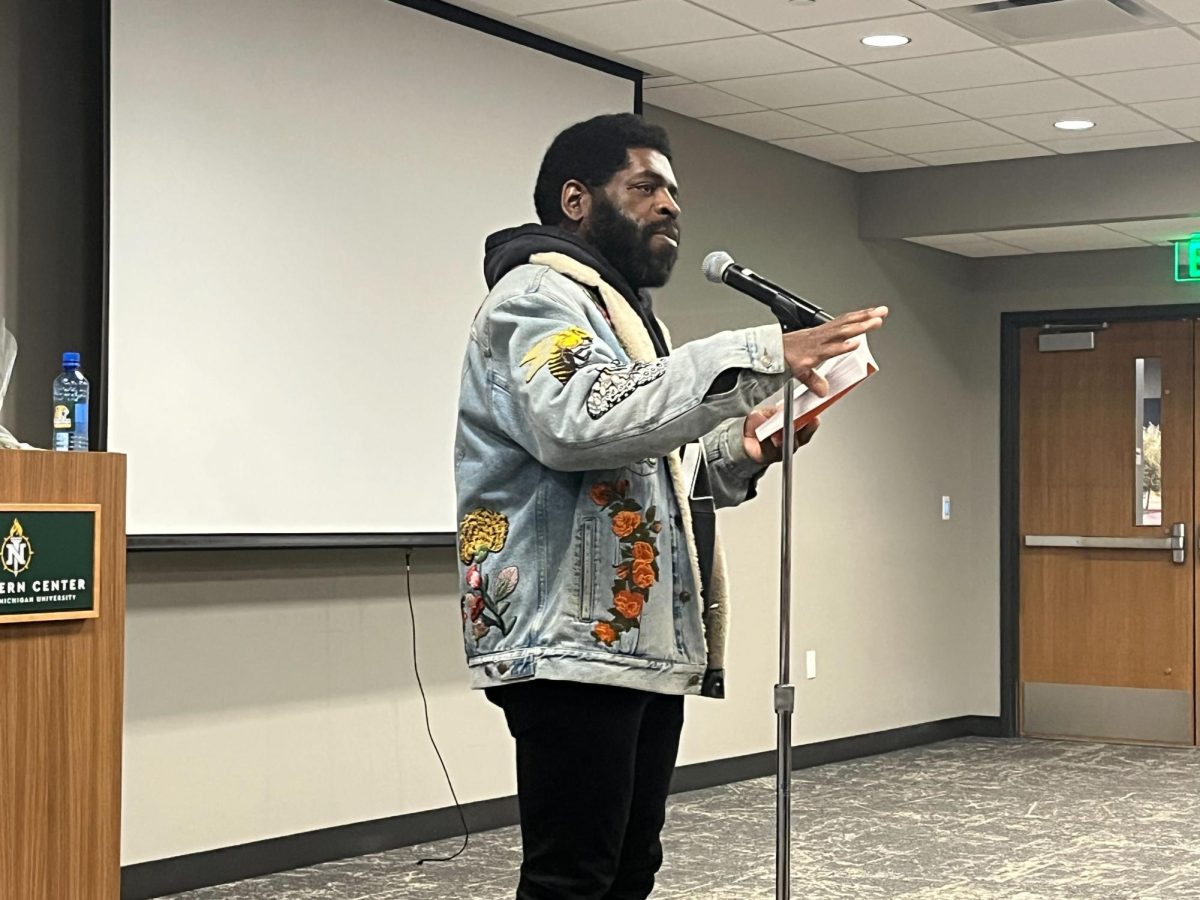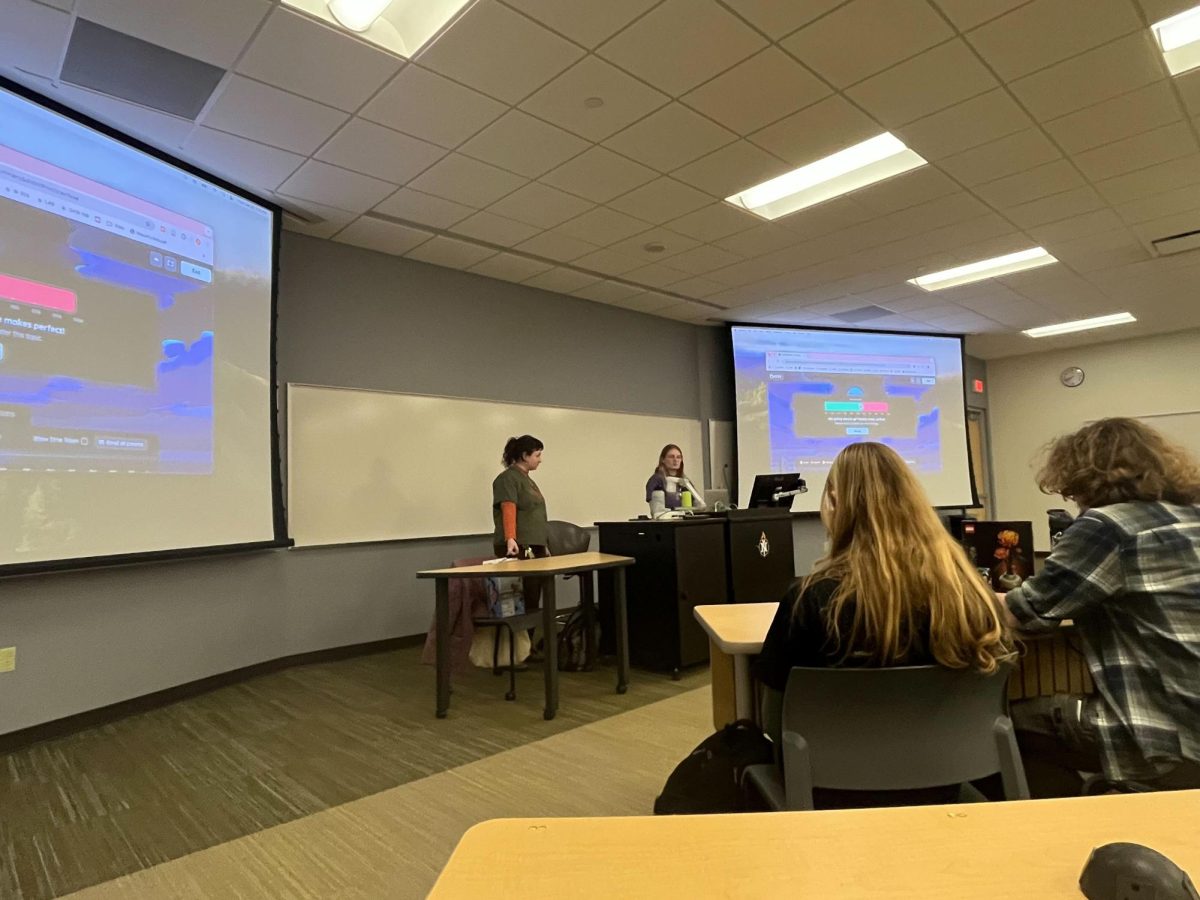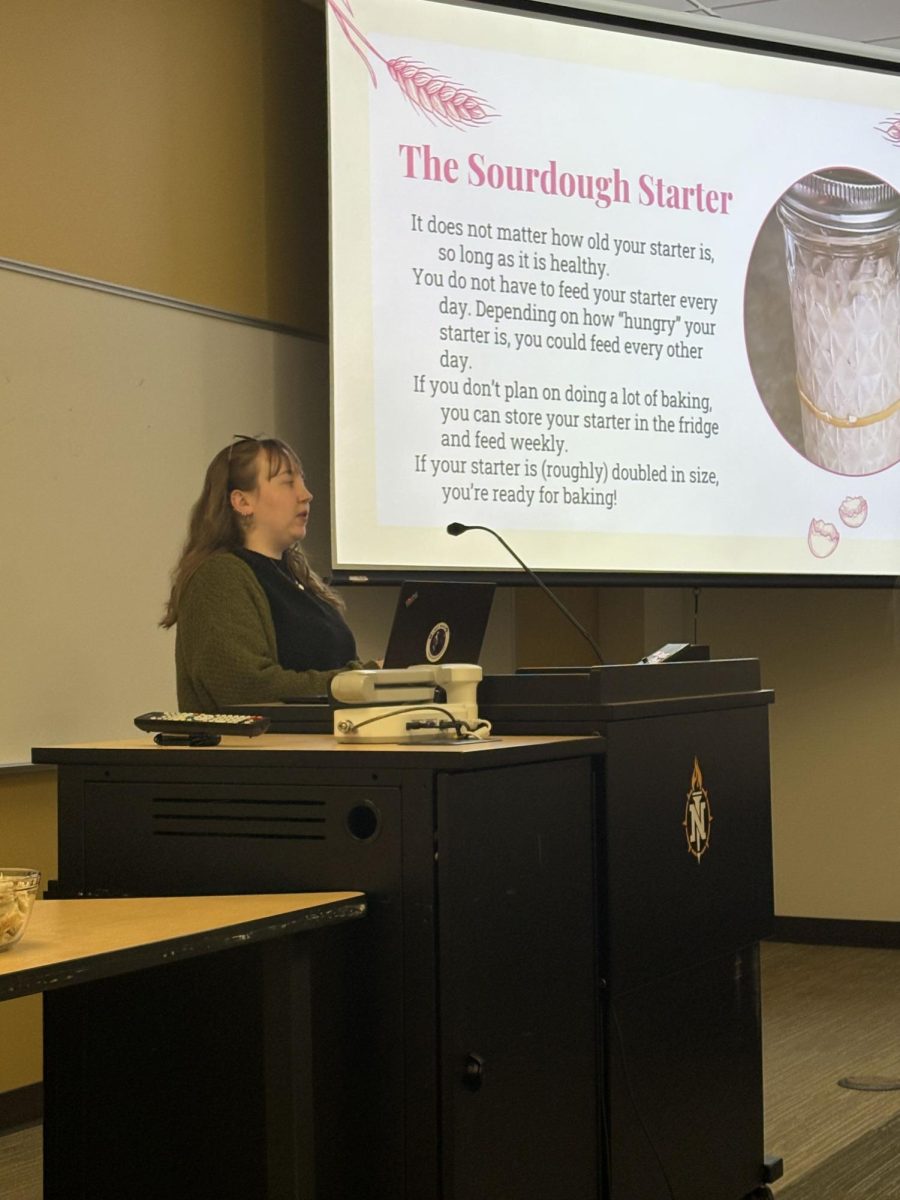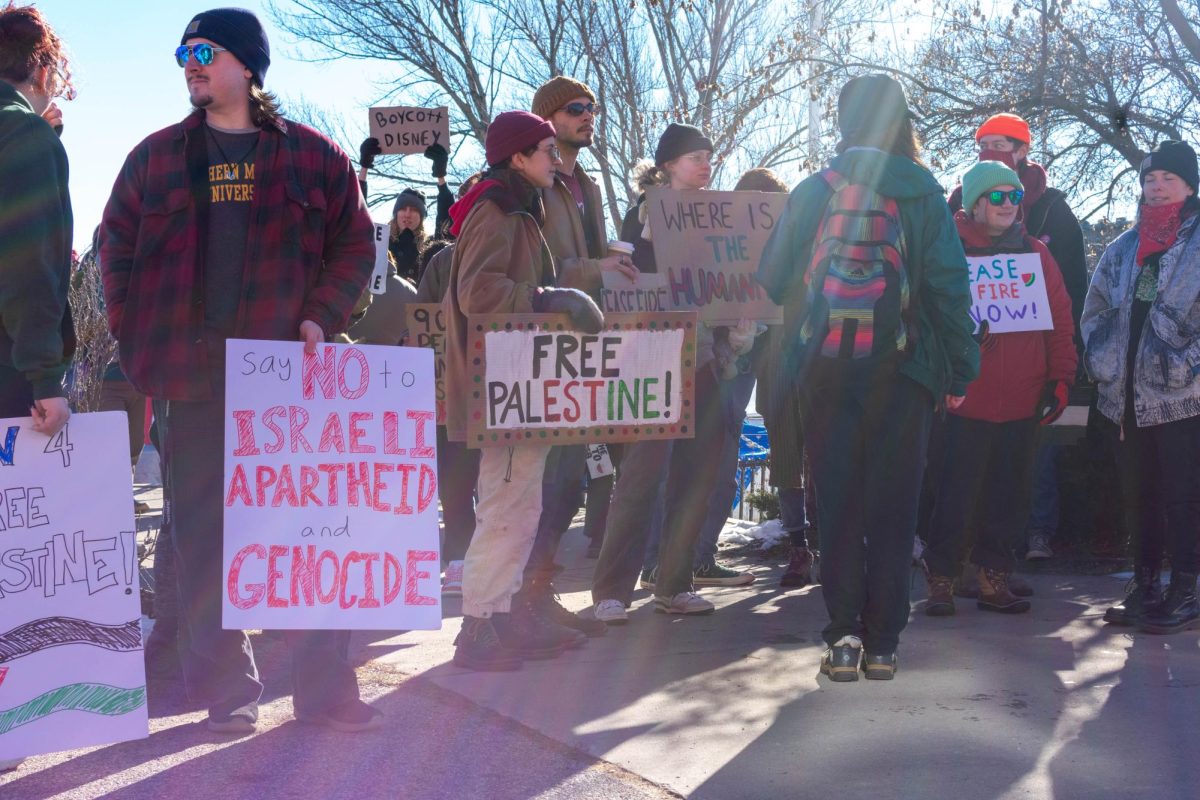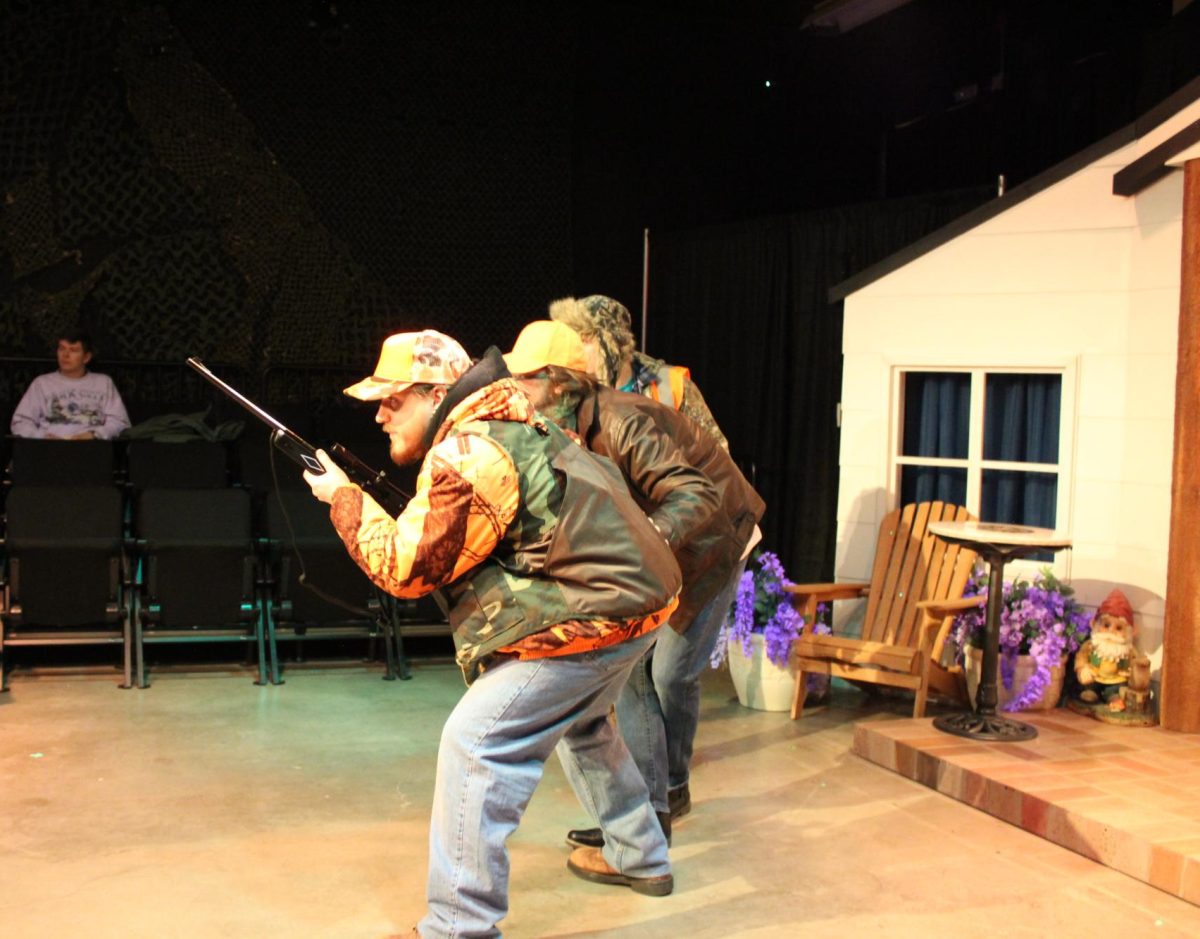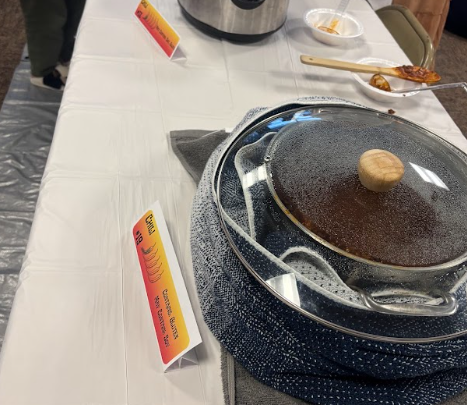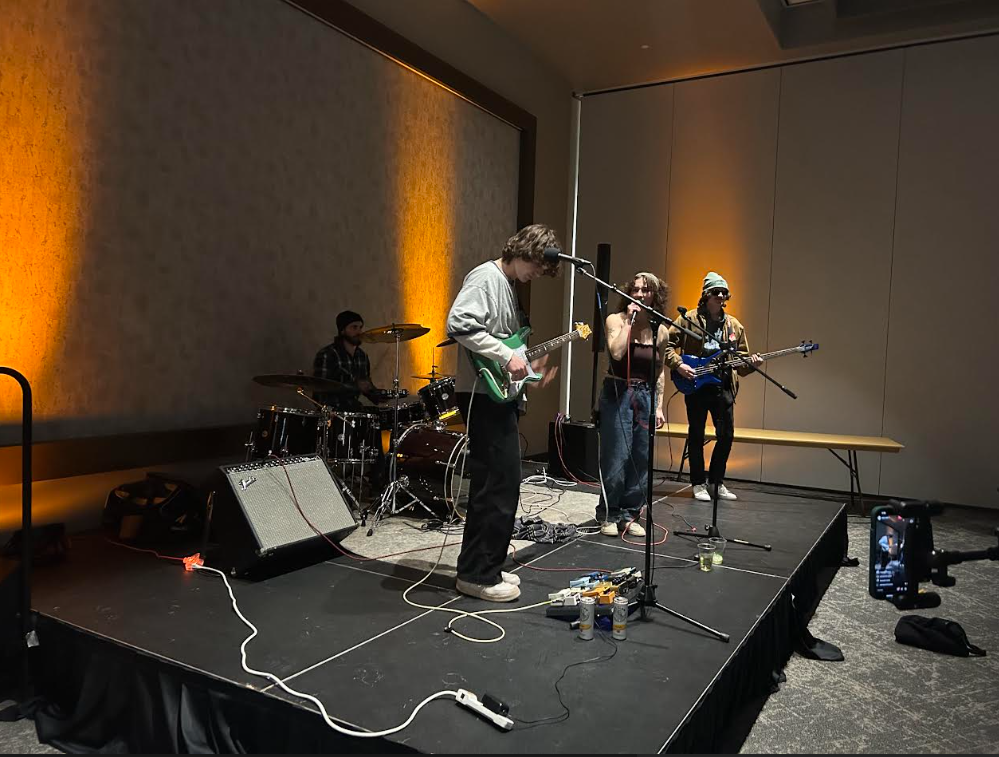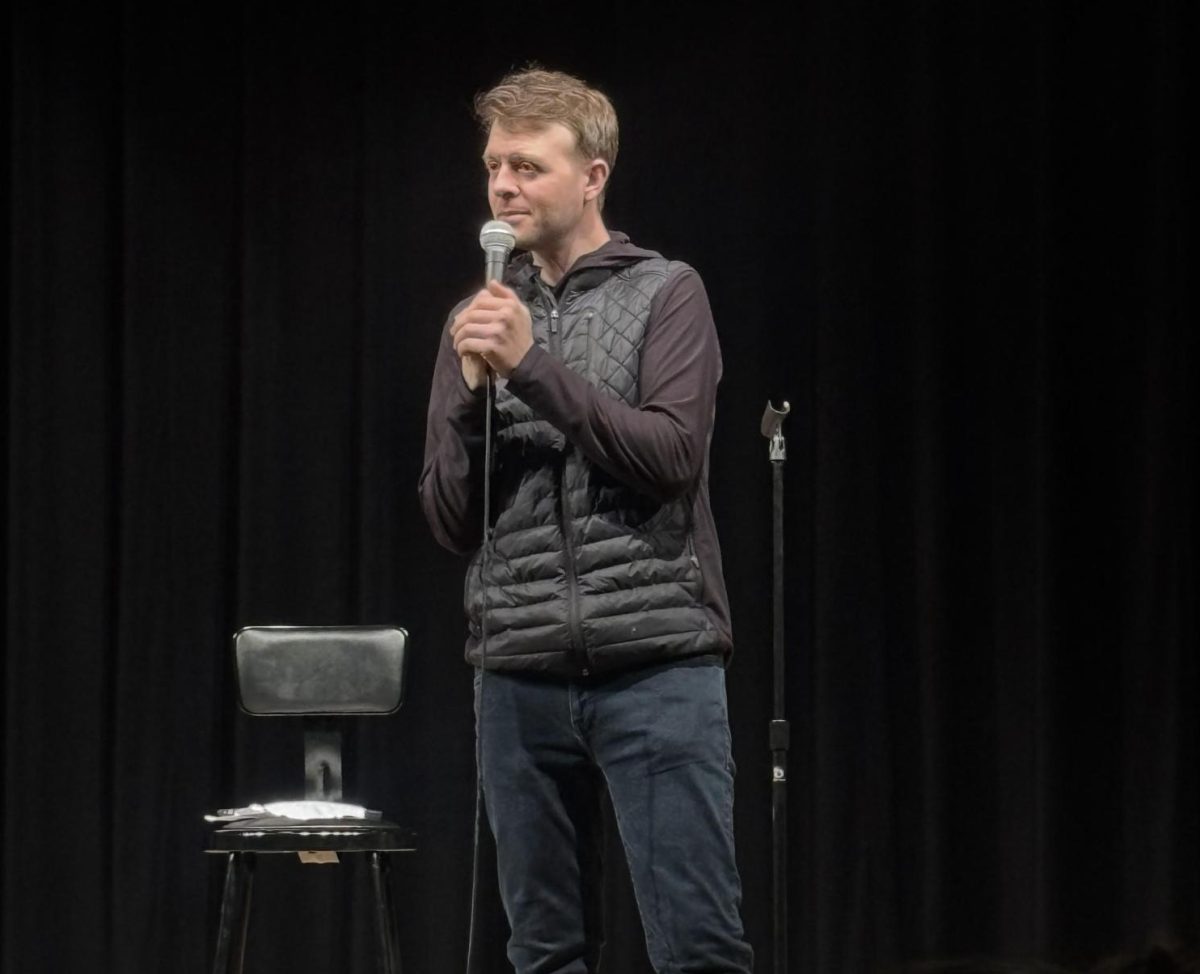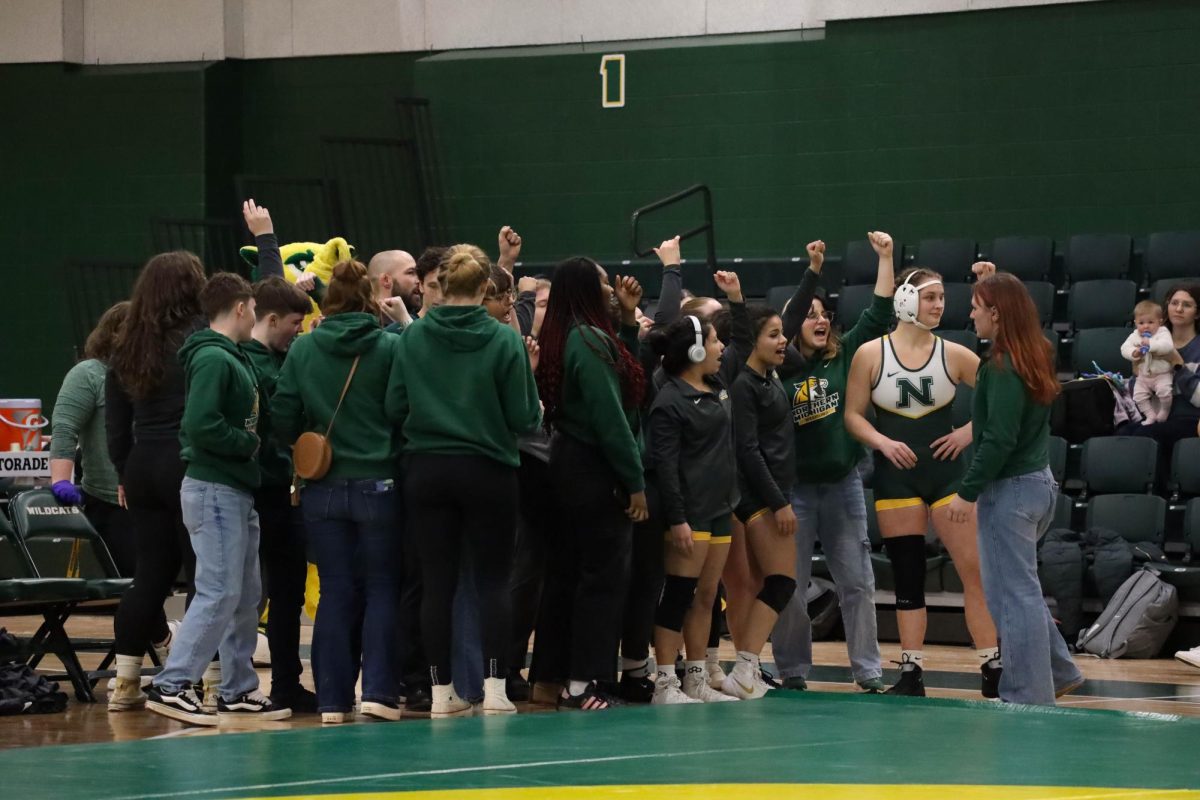The inspiration for this piece comes after watching two movies that I relate to the Syrian Civil War and how to handle the conflict. The first film, titled “London Has Fallen,” is how the United States is currently handling the war. The second is a documentary titled “The White Helmets” that shows a humanitarian solution to the civil war.
The former has a plot of a terrorist attack in London in an attempt to assassinate the U.S. president and various other world leaders. It was a typical propaganda film as seen in other movies such as “American Sniper” or “Lone Survivor.”
You may ask what this plot has to do with the Syrian Civil War. Directly, it doesn’t. However, the philosophy behind what the United States is doing in Syria, and the Middle East in general, is as follows:
The last scene of the movie shows the American vice president, played by Morgan Freeman, giving a speech in which he says, “There are those who will say this would never have happened if we would just mind our own business. Nothing could be farther from the truth. Frankly, we live in a dangerous world and we have few good options. But the worst option is to do nothing. And finally, we owe it our children and their children to engage in the world. God bless you all and God bless the United States of America.”
A quick search of the movie showed I wasn’t the only one concerned with this type of fear rhetoric. Variety described “London Has Fallen” as a “terrorism-centric” fantasy designed to spread fear after the November 2015 Paris attacks and an “ugly brand of reactionary fear-mongering.”
This is a phenomenon that has integrated itself into American culture. Our society has become disconnected with our efforts in the Middle East. We feel that to protect ourselves, we have to turn to our guns whenever there is a crisis in the world not directly related to us. Sorry, Morgan Freeman, but this couldn’t be further from the truth.
Both the Syrian government and the opposition have received military support from foreign countries. Support for the Syrian government is coming from mainly Iran, Hezbollah and Russia in the form of military equipment, training and troops.
The main Syrian opposition body, the Syrian National Coalition, receives military aid from the United States, Britain and France. The CIA is training Syrian rebels at bases in Qatar, Jordan and Saudi Arabia. According to The Washington Post, CIA operatives and U.S. special operations troops have trained and armed nearly 10,000 rebel fighters at a cost of $1 billion a year since 2012. The Syrian National Coalition also receives funding from Turkey, Qatar and Saudi Arabia.
MIT professor and political dissident, Noam Chomsky, says, “As much as possible, cut back the flow of arms, the level of violence, and try to save people from destruction. There should be far more support going simply for humanitarian aid. Those who are building some sort of a society in Syria—notably, the Kurds—should be supported in that effort.”
The second film I noted earlier, “The White Helmets,” is a Netflix documentary following a volunteer civil defense organization that operates throughout opposition-controlled Syria. According to a Newsweek article, as of January 2016, the White Helmets are credited with having rescued over 40,000 people from the rubble of destroyed buildings; 110 White Helmets had died in these rescues.
The group is now nominated for the Nobel Peace Prize and remains a neutral party in the conflict. One of the main characters portrayed in the documentary, Mohammed Farah, says he fought for an opposition force before joining the White Helmets. He quit when he saw they were targeting civilians.
Farah adds, “I thought it’s better to do humanitarian work than to be armed. Better to rescue a soul than to take one.”
While the White Helmets have faced some scrutiny for being a “propaganda tool for the west,” there isn’t sufficient information to back up the claims. Regardless, Western funding to humanitarian aid would be better than military funding that leads to all sides killing civilians and causing more chaos in the region.
Former ambassador to Syria, Robert Ford, commented on the U.S. strategy in the region saying, “The Islamic State is a problem, but the Islamic State came out of the broader problem of the Syrian civil war. And it really isn’t going to be solved outside the context, outside a larger solution to the Syrian civil war.”
He stated that America is “trying to fix with a military hammer a deeper political problem.”
According to CNN, Ford stepped down from his ambassador position two years ago because he couldn’t “defend the American policy.”
At this rate, the Syrian Civil War will end with either the Assad regime having complete control or an opposition group having power. Either way, both sides are killing civilians. The best option is for the United States to send humanitarian aid as characterized by the White Helmets. The current U.S. strategy is something we have all seen too many times in the past.
I urge the Obama administration and the next president to reassess our actions in Syria. Supporting opposition groups typically leads to more radical groups forming, causing more deaths and concerns in the future. The answer to terrorism or violence is not more violence in a region that is intensely unstable at this point.

